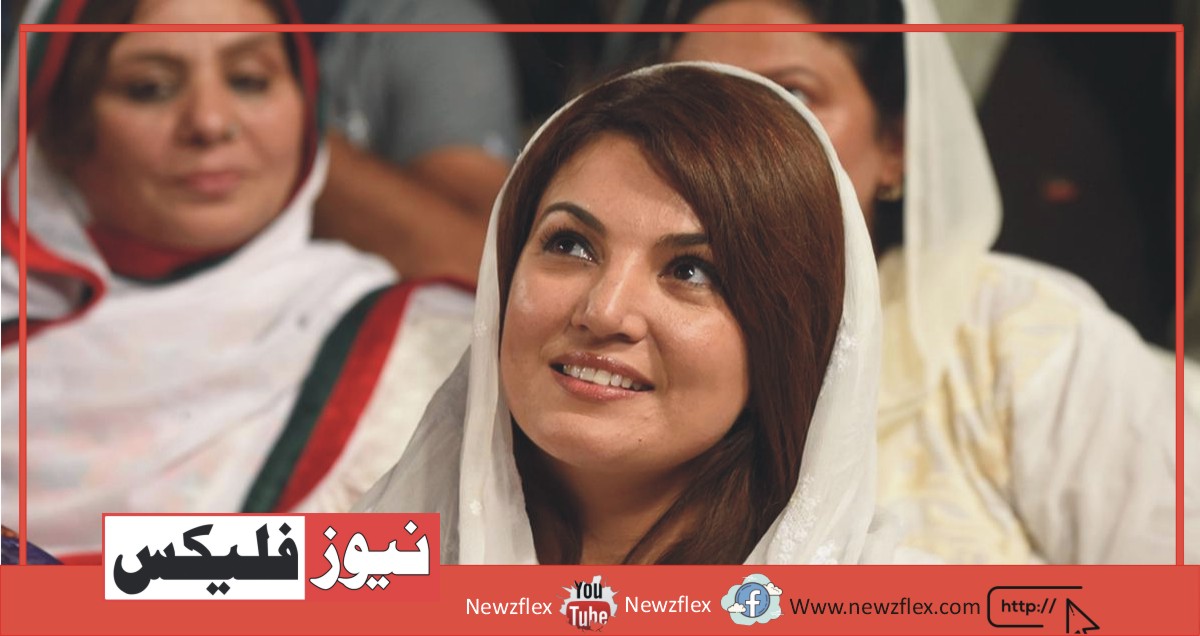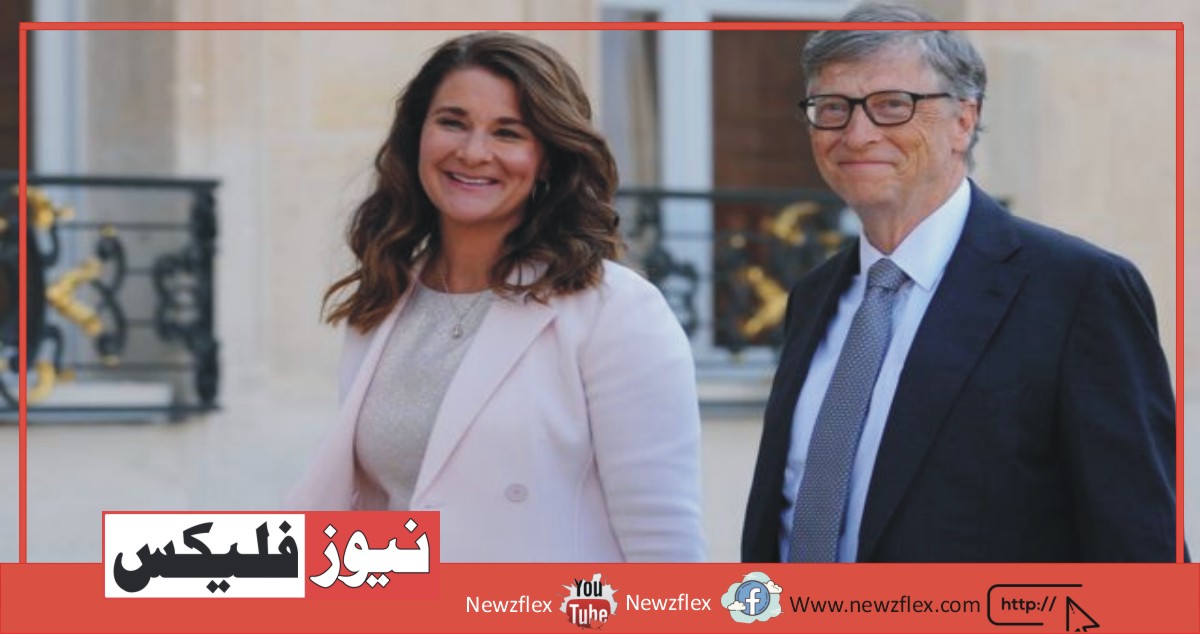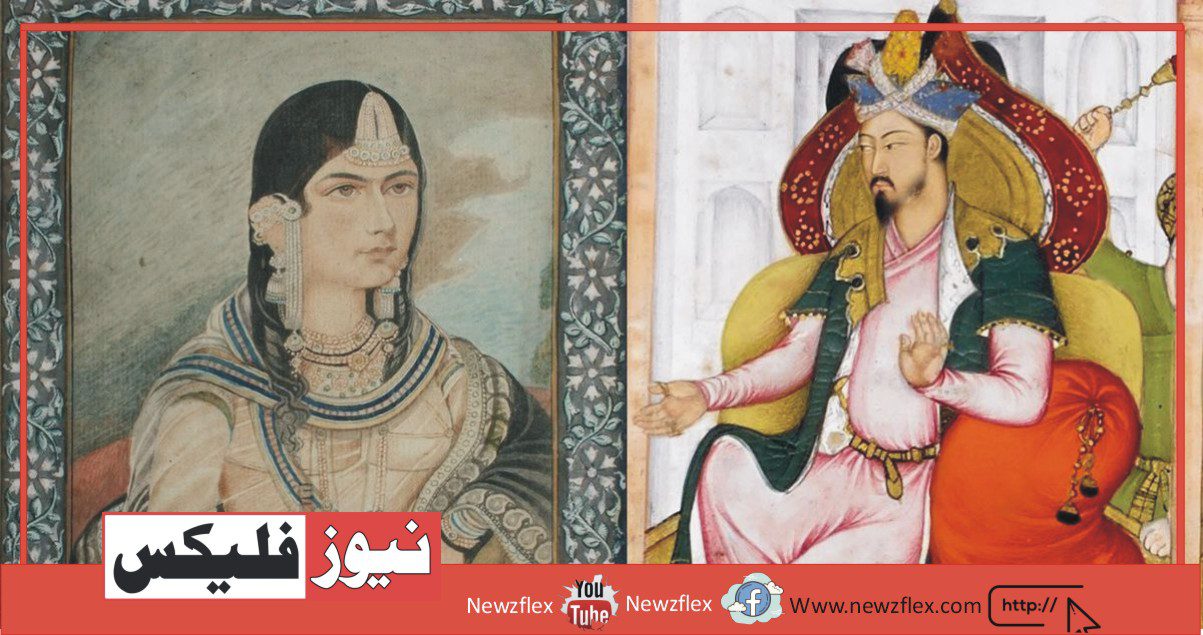
Inayatullah Khan Mashriqi
Early Life and Education
Inyatullah Khan Mashraqi is also called Allama Mashriqi. He was born into a respectable family in Amritsar on August 25, 1888. His forefathers held high positions in the court of the Mughals. His father Ata Khan was a talented man who met several Muslim personalities like Jalal ud Din Afghani, Sir Syed Ahmed Khan, Mirza Ghalib, and Shibli Nomani.
Ata Khan served the awakening of Muslims and discussed their political issues. From his childhood, Allama Mashriqi liked reading and was also fascinated by mathematics. In school, he always got awards and scholarships and he was very famous among his teachers and friends. He was a handsome person and had a soft heart that was filled with love for his countrymen.
After completing his intermediate, he was admitted to renowned Forman Christian Lahore where he got the first position in mathematics at the age of 19 in M.Sc. Then he visited England for higher studies and from there he earned many degrees. From the Christ College of the university, he was awarded the title of the wrangler, bachelor scholar, and foundation scholar for passing four subjects in mathematics, science, mechanical science, and oriental language within five years.
Being a famous mathematician he became the president of the Mathematical Society, a member of the Delhi University Board. At Cambridge, his professor James Jeans with whom he shared thought-provoking dialogues. He was also awarded a gold medal by the World Society of Islam.
When he was in England, he was contracted by the Maharaja of Alver, for state premiership but he refused the offer. He toured several countries for his religious and academic purposes. He was a versatile genius. He was a non-secular scholar but at the same time, he was also a scientific theorist. He was a visionary but on the other, he was also a realist.
Career
After completing his education in England, he travelled to European countries and returned to India in 1912. At the age of 25, he was appointed vice-principal of Islamia College Peshawar by the Chief Commissioner, Sir Goerge Roos Keppel. In 1917, he was promoted to principal of the same college. Due to his great abilities, he was appointed undersecretary within the education department by the govt. of India. He was the youngest Indian who hold these important positions, later on, he was offered the ambassadorship of Afghanistan at the age of 32 but he declined the offer.
Nobel Prize Nomination
In 1924, he wrote the book Tazkirah during his government service. Mashriqi wrote Tazkirah a scientific commentary on the holy Quran which was nominated for the Nobel Prize. When the Nobel Prize Committee asked him to translate the book into any major European language, he refused to try to do so because he considered it to be an insult to the various folks who spoke the Urdu language. He wrote this book at the age of 36.
Khaksar Movement
After serving 17 years in the education sector, he launched a movement called the Khaksar movement in 1931. Khaksar movement was a volunteer movement and most of its members were from the middle class. He also attracted a large number of youth, highly educated, and other Muslims who liked his strict army and were in Khaki uniform with shovels over their shoulders.
The membership was hospitable to everyone with no membership fee regardless of their creed cast and colour. The organization needed dedicated and selfless people because the founder rejected all those who wanted to affix the party for selfish motives. The party workers bear their expenses and spare time for the work welfare of the community.
Through this movement, Allama Mashriqi wanted to bring revolution to society. The Khaksar means humble folks that had in contact khaki uniform due to its matching with the colour of earth. They carried in their hand a shovel which is employed for leveling the ground and also was an emblem to level the society for equality and take away discrimination between the rich and the poor.
The activity of this movement was for the welfare and it had been from Punjab to Sindh, Balochistan, and NWFP. The organization of the movement was such Allama Mashriqi was Khaksar-i-Azam with an advisory council but Allama could overrule any advice. He had the facility to get rid of any member from the organization while there was no way to remove him.
In February 1940, the Punjab premier Sir Sikandar Hayat Khan imposed restrictions on the Khaksar movement. On March 19, 1940, the police opened fire on the Khaksar parading in protest. Many of the members of the movement were injured and killed during this firing. The objective of the Khaksar movement was to induce independence from British rule and social reforms. The movement also actively participated in politics and its leaders allied with the All India Muslim League (AIML).
In 1940, the movement was banned in Punjab, and Mashriqi was put behind bars. In 1941, the ban was imposed on the Khaksar movement of the entire of India. the govt of India demanded that Mashriqi disband his movement or stay in the prison. But Mashriqi refused to disband the movement and preferred to measure in jail. it’s said that the movement isn’t his personal property he could disband it.
Therefore, the nation imprisoned him for an extended period but Mashriqi faced these problems and difficulties with great courage. After 80 days he was released from jail but his movement was restricted. Mashriqi was warned persistently by British authorities to finish the activities of his movement but he remained determined. In 1945, he presented the constitution of free India, he continued his struggle until British rule came to an end in India in 1947. After Independence, he was sad by the division of India. To him, partition wasn’t the answer to counties’ problems.
Death
Inyatullah Khan Mashraqi died at Albert Victor Hospital (Mayo Hospital) in Lahore on August 27, 1963.
عنایت اللہ خان مشرقی
ابتدائی زندگی اور تعلیم
عنایت اللہ خان مشرقی کو علامہ مشرقی کے نام سے بھی جانا جاتا ہے۔ وہ 25 اگست 1888 کو امرتسر کے ایک معزز گھرانے میں پیدا ہوئے۔ ان کے آباؤ اجداد مغلوں کے دربار میں اعلیٰ عہدوں پر فائز تھے۔ ان کے والد عطا خان ایک باصلاحیت آدمی تھے جنہوں نے جلال الدین افغانی، سر سید احمد خان، مرزا غالب اور شبلی نعمانی جیسی کئی مسلم شخصیات سے ملاقات کی۔
عطا خان نے مسلمانوں کی بیداری اور ان کے سیاسی مسائل پر گفتگو کی۔ بچپن سے ہی علامہ مشرقی کو پڑھنے کا شوق تھا اور ریاضی میں بھی دلچسپی تھی۔ اسکول میں انہیں ہمیشہ انعامات اور وظائف ملتے تھے اور وہ اپنے اساتذہ اور دوستوں میں بہت مشہور تھے۔ وہ ایک خوبصورت انسان تھے اور نرم دل تھے جو اپنے ہم وطنوں کے لیے محبت سے لبریز تھے۔
انٹرمیڈیٹ مکمل کرنے کے بعد انہیں معروف فارمن کرسچن لاہور میں داخل کرایا گیا جہاں انہوں نے ایم ایس سی میں 19 سال کی عمر میں ریاضی میں پہلی پوزیشن حاصل کی۔ پھر اعلیٰ تعلیم کے لیے انگلستان گئے اور وہاں سے بہت سی ڈگریاں حاصل کیں۔ کیمبرج یونیورسٹی کے کرائسٹ کالج سے، انہیں پانچ سال کے اندر ریاضی، نیچرل سائنس، مکینیکل سائنس اور مشرقی زبان میں چار مضامین پاس کرنے پر رینگلر، بیچلر اسکالر، اور فاؤنڈیشن اسکالر کے خطاب سے نوازا گیا۔
ایک مشہور ریاضی دان ہونے کے ناطے وہ ریاضی کی سوسائٹی کے صدر، دہلی یونیورسٹی بورڈ کے ممبر بنے۔ کیمبرج یونیورسٹی میں ان کے پروفیسر جیمز جینز جن کے ساتھ انہوں نے فکر انگیز مکالمے شیئر کیے تھے۔ انہیں عالمی سوسائٹی آف اسلام نے گولڈ میڈل سے بھی نوازا تھا۔ جب وہ انگلستان میں تھے تو انہیں مہاراجہ آف ایلور نے ریاستی پریمیئر شپ کے لیے معاہدہ کیا تھا لیکن اس نے اس پیشکش سے انکار کر دیا۔ انہوں نے اپنے مذہبی اور علمی مقاصد کے لیے کئی ممالک کا دورہ کیا۔ وہ ایک ورسٹائل جینئس تھا۔ وہ ایک مذہبی سکالر تھے لیکن اس کے ساتھ ساتھ وہ ایک سائنسی تھیوریسٹ بھی تھے۔ وہ بصیرت کے حامل تھے لیکن دوسری طرف حقیقت پسند بھی تھے۔
کیریئر
انگلینڈ میں تعلیم مکمل کرنے کے بعد، انہوں نے یورپی ممالک کا سفر کیا اور 1912 میں ہندوستان واپس آئے۔ 25 سال کی عمر میں، انہیں چیف کمشنر، سر گورج روز کیپل نے اسلامیہ کالج پشاور کا نائب پرنسپل مقرر کیا۔ 1917 میں اسی کالج کے پرنسپل کے عہدے پر ترقی پائی۔ ان کی عظیم صلاحیتوں کی وجہ سے، انہیں حکومت ہند کی طرف سے محکمہ تعلیم میں انڈر سیکرٹری مقرر کیا گیا۔ وہ ان اہم عہدوں پر فائز رہنے والے سب سے کم عمر ہندوستانی تھے، بعد ازاں انہیں 32 سال کی عمر میں افغانستان کے سفیر کی پیشکش کی گئی لیکن انہوں نے اس پیشکش کو ٹھکرا دیا۔
نوبل انعام کی نامزدگی
سنہ1924 میں انہوں نے اپنی سرکاری ملازمت کے دوران کتاب تذکرہ لکھی۔ مشرقی نے تذکرہ قرآن پاک کی ایک سائنسی تفسیر لکھی جسے انعام کے لیے نامزد کیا گیا۔ جب نوبل پرائز کمیٹی نے ان سے کتاب کا کسی بھی بڑی یورپی زبان میں ترجمہ کرنے کو کہا تو انہوں نے ایسا کرنے سے انکار کر دیا کیونکہ وہ اسے اردو زبان بولنے والے لاکھوں لوگوں کی توہین سمجھتے تھے۔ انہوں نے یہ کتاب 36 سال کی عمر میں لکھی۔
خاکسار تحریک
تعلیم کے شعبے میں 17 سال خدمات انجام دینے کے بعد، انہوں نے 1931 میں خاکسار تحریک کے نام سے ایک تحریک شروع کی۔ خاکسار تحریک ایک رضاکارانہ تحریک تھی اور اس کے زیادہ تر اراکین کا تعلق متوسط طبقے سے تھا۔ اس نے نوجوانوں، اعلیٰ تعلیم یافتہ اور دوسرے مسلمانوں کی ایک بڑی تعداد کو بھی اپنی طرف متوجہ کیا جنہوں نے اس کی سخت فوج کو پسند کیا جو خاکی وردی میں اپنے کندھوں پر بیلچے لیے ہوئے تھے۔
ممبر شپ ہر کسی کے لیے کھلی تھی بغیر کسی ممبرشپ فیس کے ان کے مسلک اور رنگ سے قطع نظر۔ تنظیم کو وقف اور بے لوث لوگوں کی ضرورت تھی کیونکہ بانی نے ان تمام لوگوں کو مسترد کر دیا تھا جو خود غرضانہ مقاصد کے لیے پارٹی میں شامل ہونا چاہتے تھے۔ جماعت کے کارکنان اپنے خرچے اور فارغ وقت کمیونٹی کی سماجی بہبود کے کاموں میں لگاتے ہیں۔
اس تحریک کے ذریعے علامہ مشرقی معاشرے میں انقلاب لانا چاہتے تھے۔ خاکسار سے مراد وہ عاجز لوگ ہیں جنہیں خاکی وردی زمین کے رنگ سے ملنے کی وجہ سے اٹھانی پڑتی تھی۔ انہوں نے اپنے ہاتھ میں ایک بیلچہ اٹھا رکھا تھا جو زمین کو برابر کرنے کے لیے استعمال ہوتا ہے اور یہ معاشرے کو برابری کے لیے برابر کرنے اور امیر اور غریب کے ساتھ امتیاز کو دور کرنے کی علامت بھی تھا۔
اس تحریک کی سرگرمی سماجی بہبود کے لیے تھی اور یہ پنجاب سے لے کر سندھ، بلوچستان اور سرحد تک تھی۔ تحریک کی تنظیم ایسی تھی کہ علامہ مشرقی ایک مشاورتی کونسل کے ساتھ خاکسار اعظم تھے لیکن علامہ کسی بھی مشورے کو رد کر سکتے تھے۔ اس کے پاس کسی بھی رکن کو تنظیم سے ہٹانے کا اختیار تھا جبکہ اسے ہٹانے کا کوئی طریقہ نہیں تھا۔
فروری 1940 میں پنجاب کے وزیر اعظم سکندر حیات خان نے خاکسار تحریک پر پابندیاں عائد کر دیں۔ 19 مارچ 1940 کو پولیس نے خاکسار کی پریڈ پر احتجاج کرتے ہوئے گولیاں چلا دیں۔ اس فائرنگ کے دوران تحریک کے کئی ارکان زخمی اور جاں بحق ہوئے۔ خاکسار تحریک کا بنیادی مقصد برطانوی راج سے آزادی حاصل کرنا اور سماجی اصلاحات کرنا تھا۔ اس تحریک نے سیاست میں بھی سرگرمی سے حصہ لیا اور اس کے قائدین نے آل انڈیا مسلم لیگ (اے آئی ایم ایل) کے ساتھ اتحاد کیا۔ 1940 میں پنجاب میں تحریک پر پابندی لگا دی گئی اور مشرقی کو سلاخوں کے پیچھے ڈال دیا گیا۔ 1941 میں خاکسار تحریک پر پورے ہندوستان میں پابندی لگا دی گئی۔ حکومت ہند نے مشرقی سے مطالبہ کیا کہ وہ اپنی تحریک ختم کر دیں یا جیل میں رہیں۔ لیکن مشرقی نے تحریک ختم کرنے سے انکار کر دیا اور جیل میں رہنے کو ترجیح دی۔ کہا جاتا ہے کہ تحریک ان کی ذاتی ملکیت نہیں ہے وہ اسے ختم کر سکتے ہیں۔
چنانچہ انگریزوں نے انہیں طویل مدت تک قید میں رکھا لیکن مشرقی نے ان تمام مشکلات اور مشکلات کا بڑی ہمت سے مقابلہ کیا۔ 80 دن کے بعد انہیں جیل سے رہا کر دیا گیا لیکن ان کی نقل و حرکت محدود کر دی گئی۔ مشرقی کو برطانوی حکام نے اپنی تحریک کی سرگرمیاں ختم کرنے کے لیے کئی بار تنبیہ کی لیکن وہ ڈٹے رہے۔ 1945 میں، انہوں نے آزاد ہندوستان کا آئین پیش کیا، انہوں نے اپنی جدوجہد جاری رکھی یہاں تک کہ 1947 میں ہندوستان میں برطانوی راج ختم ہو گیا۔ آزادی کے بعد وہ ہندوستان کی تقسیم سے غمزدہ تھے۔ ان کے نزدیک تقسیم کاؤنٹیز کے مسائل کا حل نہیں تھا۔
وفات
عنایت اللہ خان مشراقی 27 اگست 1963 کو لاہور کے البرٹ وکٹر ہسپتال (میو ہسپتال) میں انتقال کر گئے۔








